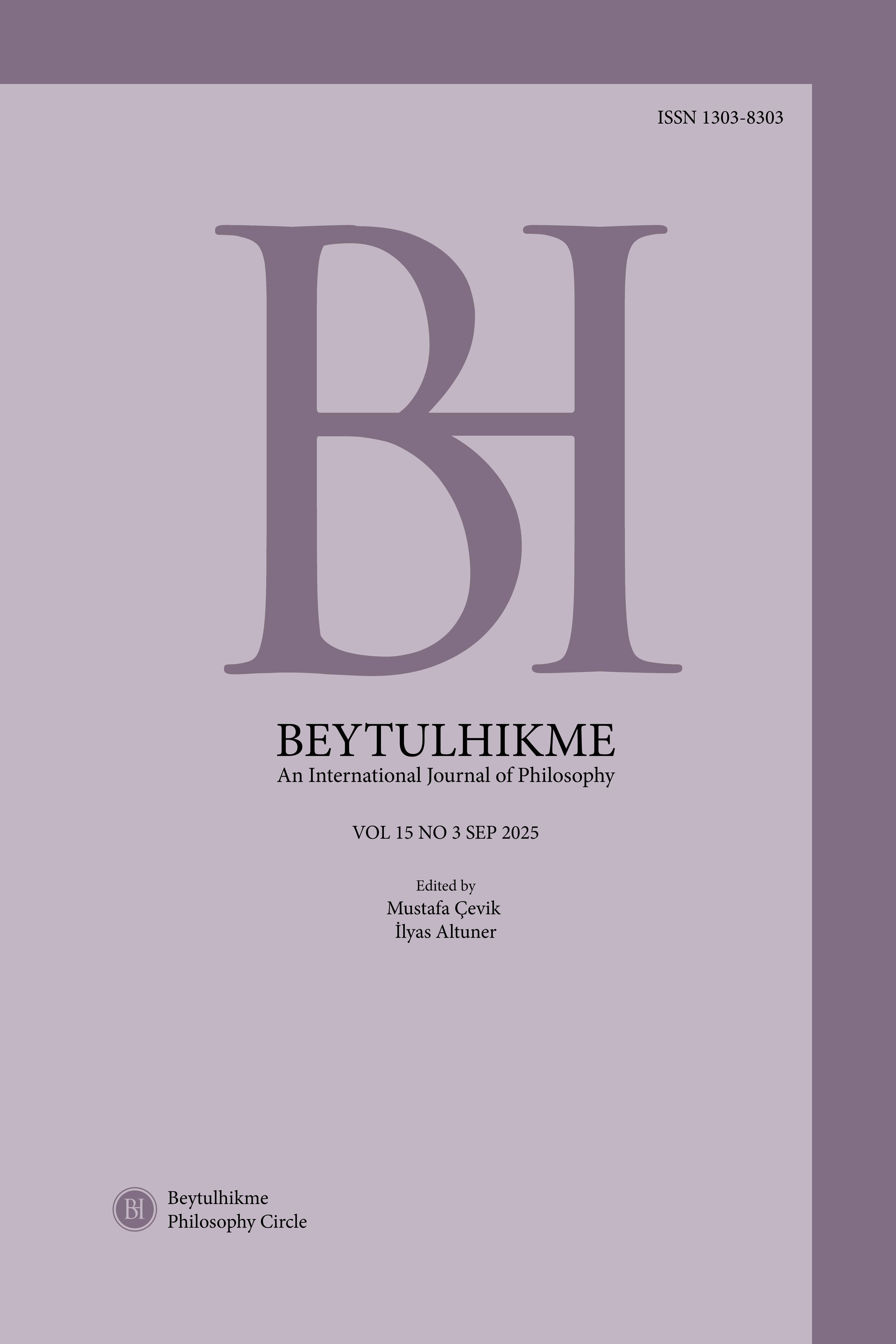Author :
Abstract
Bu yazının amacı bilimin, insanın dünyayı anlama ve açıklama çabasında ürettiği diğer bilgi biçimleriyle olan ilişkisinde, iddia edildiği gibi hiyerarşik bakımdan üstün olup olmadığını -üstün olması halinde dahi- ve bulgularını insanların nasıl yaşaması gerektiği hususunda dayatıp dayatamayacağını araştırmaktır. Çalışma bu amaç doğrultusunda Feyerabend’in epistemolojik anarşizm kuramına odaklanarak ilgili kuramın nasıl bir yönetim anlayışını gerektirdiğini sorgulamaya çalışacaktır. Feyerabend epistemolojisini, kendisini aklilik ve nesnellik temelinde evrensel ve zorunlu olarak geçerli ilan eden bilimin nasıl çalıştığı sorununu tarihsel perspektif aracılığıyla inceleyerek oluşturur. İlgili analiz uyarınca bilimin, bilgiye ulaşma araçlarından yalnızca bir tanesi olduğu, her zaman doğru bilgi sunmadığı ve monist bir yaklaşım değil, çoğulcu bir yöntembilim kullandığı görülecektir. Sonuçta, bu epistemik analize dayalı olarak hem bilimsel araştırmanın kendi içinde çoğulcu olduğu/olması gerektiği hem de ilgili çoğulcu epistemik temele bağlı olarak yönetim anlayışının çeşitliliğe izin vermekle yükümlü liberal bir yaklaşım sergilemesi gerektiği ileri sürülecektir.
Keywords
Abstract
The purpose of this article is to investigate whether science is hierarchically superior, as claimed, in its relationship with other forms of knowledge produced by humans in their efforts to understand and explain the world -even if it is superior- and whether it can impose its findings on how people should live. This study will examine Feyerabend's theory of epistemological anarchism with the aim of determining what kind of administrative mentality is required by the pertinent theory. Feyerabend forms his epistemology by examining the problem of how science works through historical perspective, which declares itself universally and necessarily valid on the basis of rationality and objectivity. According to the relevant analysis, it will be seen that science is only one of the tools to reach knowledge, that it does not always provide accurate information, and that it uses a pluralist methodology, not a monist approach. Ultimately, based on this epistemic analysis, it will be argued that scientific research is/should be pluralist in itself and that the understanding of governance strategy should exhibit a liberal approach that is obliged to allow diversity, depending on the relevant pluralist epistemic basis.





